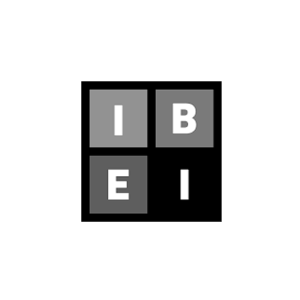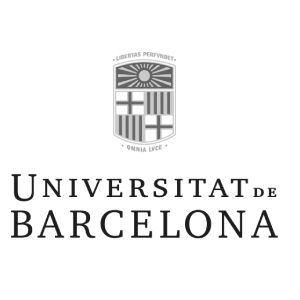June 12-14, 2024
We are happy to announce that the Comparative Agendas Project Annual Conference will take place in Barcelona on June 12-14, 2024. The conference is jointly organized by the Department of Political Science of the University of Barcelona and the Institut Barcelona d’Estudis Internacionals (IBEI) with the financial support of the Government of Spain and Catalonia.
The meetings will take place at the Institut Barcelona d’Estudis Internacionals located at Campus de la Ciutadella (UPF) Ramon Trias Fargas 25-27 · 08005 Barcelona (Espanya).
Key dates:

15 January: Call for papers
Call for papers opens here
15 February: Deadline for abstract submission
15 March: Notification of paper acceptance
30 March: Online registration opens
30 April: Online registration closes
1 June: Deadline for paper submission
Local Conference Committee:

Macarena Arés (UB), Laia Castro (UB, Camilo Cristancho (UB, David García (IBEI), Aina Gallego (UB and IBEI), Luz Muñoz (UB, Anna Palau (UB, Andreu Rodilla (UB, Juan Carlos Triviño (UPF), Julià Tudó (UB and IBEI), Cristina Zapatero (UB and IBEI), and Laura Chaqués Bonafont (UB and IBEI).
Conference Goals:

This conference aims to bring together scholars from diverse academic backgrounds to engage in discussions about agenda-setting, political representation, social media, and communication studies. By exploring these interconnected themes, we seek to deepen our understanding of how these factors collectively influence the democratic process and the functioning of political systems.
We invite submissions of research papers and poster presentations that contribute to the analysis of agenda setting and its broader implications for political representation in the digital age.
Key Themes to be Explored:

Agenda Building in the Digital Age:
Understanding how various actors, including the media, interest groups, political parties, and political elites, collaborate to shape the political agenda. The evolving dynamics of agenda building in the context of digital communication.
Media Influence and Framing:
How media coverage shapes and frames political issues, influencing public and political elite perceptions. The role of media in highlighting certain issues and determining their importance in the political agenda. The role of AI algorithms in shaping media content and influencing the prominence of political issues in news coverage.
Political Elites and Decision-Making:
The impact of political leaders, elected officials, political parties, and interest groups in contributing to agenda setting. Analysis of political elites’actions, speeches, and policy proposals in bringing attention to specific issues.
Public Opinion and Political Priorities:
Exploration of the reciprocal relationship between public opinion and agenda setting. How politicians respond to public concerns and preferences, and the subsequent prioritization of issues.
Social Media Dynamics:
Examination of the role of social media in shaping the political agenda and influencing public discourse. The impact of social media platforms on the accessibility and salience of political issues.
Temporal Dynamics and Event-Driven Agenda Setting:
Analysis of how temporal dynamics, events, crises, and electoral cycles influence the importance of issues over time. The role of temporal factors in shaping the ebb and flow of political agendas.
Methodological tools for agenda-setting analysis:
Coding and categorizing political discourse, news articles, headlines, or social media posts to measure the salience of issues over time. Using network analysis to visualize and quantify the interconnections among topics, media outlets, political elites, and interest groups. Employing machine learning algorithms and NLP techniques for topic modeling, and automated content analysis. Utilizing big data analytics techniques, including data mining and pattern recognition, to uncover insights into agenda-setting processes.
Comparative Case Studies:
Comparing agenda-setting dynamics across different contexts, media outlets, or periods. Conducting in-depth case studies to identify similarities, differences, and contextual factors influencing agenda setting. Combining quantitative and qualitative methods to provide a comprehensive understanding of agenda setting.
Artificial Intelligence and Agenda Setting:
Discussing the ethical implications of AI algorithms in agenda setting, including issues related to bias, transparency, and accountability. Implications of AI-generated content on the diversity and framing of political issues. Ethical Considerations in AI-driven Agenda Setting.
Previous CAP conferences






